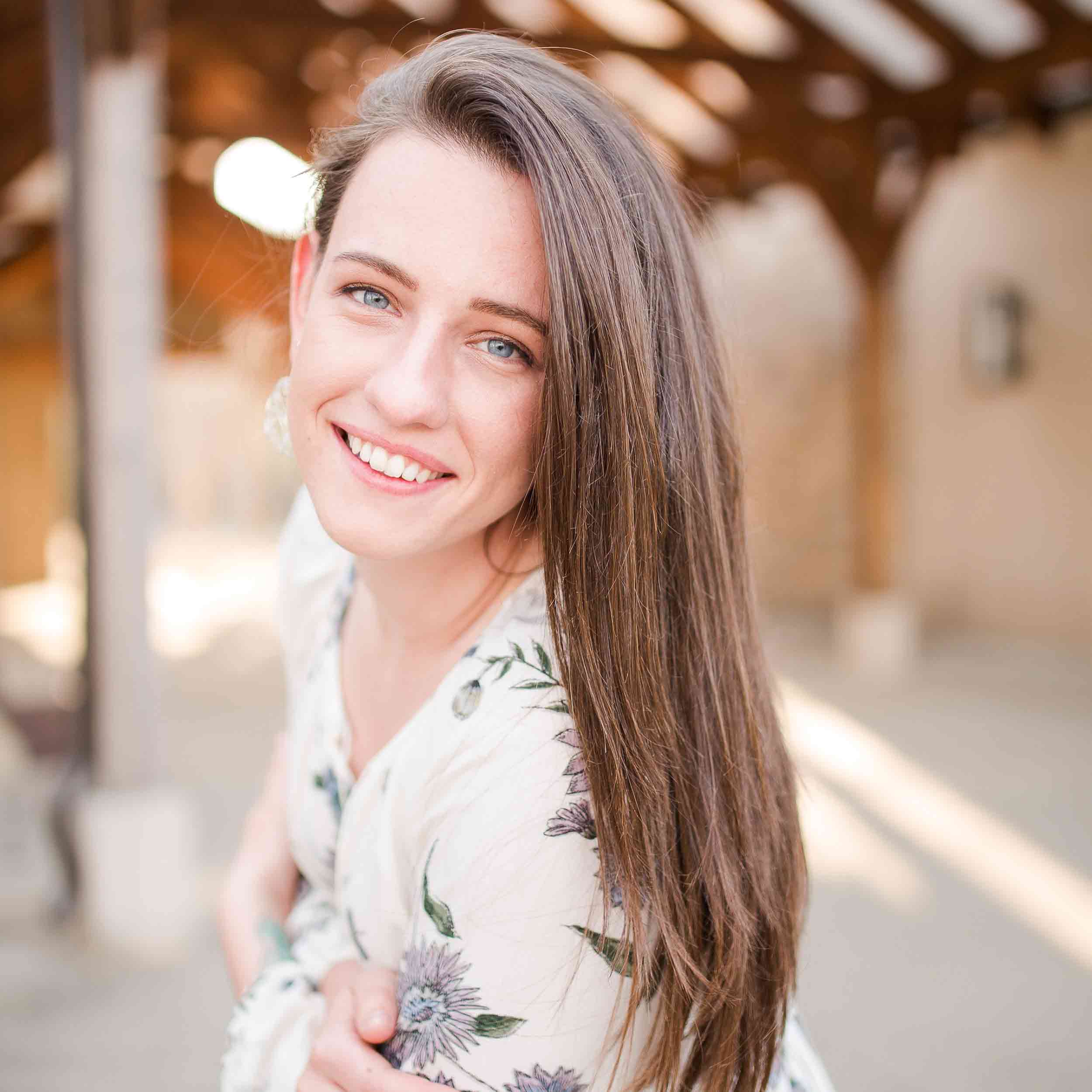Sara Cerv
Sara Cerv

Sara Cerv is currently a graduate student in the Department of Sustainable Biomaterials at Virginia Tech. She will graduate with a Master of Forestry and a certification in Geospatial Information Technologies in May, 2021. She is from Christiansburg, Virginia, just a short 15 minutes’ drive from Blacksburg. Sara told us that “growing up in this biologically diverse rural region, my childhood was predominantly spent exploring the outdoors. Over the years, I developed an immense love for nature. Eventually, this passion guided my academic decisions and led to my enrollment in sustainable biomaterials.”
Reflecting on her eight years spent at Virginia Tech, Sara feels her academic journey can best be described as “a beautiful mess.” Sara explained this by telling us that she “struggled with finding a major and at one point almost dropped out of school.” But, she eventually found her niche in the Department of Sustainable Biomaterials. In fact, Sara said, “I am immensely grateful to the Department and also the College of Natural Resources and Environment. If it were not for the faculty and their passion for the field, I would not be a graduate student today.”
Sara began Virginia Tech as a freshman majoring in general engineering. In the beginning, Sara said that she “was motivated and determined to graduate as an engineer, but after two years, I was failing academically and felt lost. Fall of my junior year, I decided to take a chance and follow my passion for nature. I enrolled in two introductory courses for two different degrees offered in the College of Natural Resources and Environment. Ironically, I graduated with those same degrees three years later: Sustainable Biomaterials and Environmental Informatics.”
Upon her enrollment in those two fateful classes, Sara immediately fell in love with the sustainable biomaterials’ degree program for many reasons, but especially because of the small class sizes in which she thrived. She feels that the better teacher-to-student ratio allowed her to “better learn the disciplinary content and also build relationships with the professors and other students in the program.”
Sara continued by telling us, “I also valued the hands-on labs which allowed me to connect the disciplinary content to real world applications. I took advantage of the free electives associated with each track for the sustainable biomaterials’ degree. This allowed me to cater my education to my unique interests, which led me to completing two undergraduate degrees.”
Sara’s favorite SBIO class was Structure and Properties of Sustainable Biomaterials. “I loved using a microscope and exploring the anatomy of different tree species. I found the anatomy fascinating. This was my first course in the department and my experience in the course immensely impacted my decision to continue studying sustainable biomaterials.”
When asked about her graduate research, Sara told us “I was surprised by the amount of research opportunities and additional learning experiences offered within the department. At first, I started applying for any opportunity that crossed my path. Eventually, I was selected for an opportunity, that led to another opportunity, and so on and so forth, until I built the necessary skills to be competitive in the industry.”
Sara expounded on her research projects by describing three of them in particular. The first was with the “Sustainability Institute, which was a professional development camp that promoted interdisciplinary problem-solving with a sustainability lens. It led to my Cradle to Cradle certification, and I also won a STEM scholarship. The Sustainability Institute was my first experience with sustainability applied to business models and operations.”
Sara also had the opportunity to study abroad in Panama. While there she “captured geospatial data to contribute to a comprehensive biodiversity database for geographic analysis. This was the first time I’d traveled out of the U.S. and was able to explore how different cultures view sustainability and how they implement those practices in their everyday lives, especially in Panama, considering the importance of preserving the rainforest for mitigating climate change and fostering animal migration.”
The final research experience Sara told us about was a biomass research project at Harvard Forest. “I tested methods for measuring forest canopy structure and biomass with a 3D laser scanner and total station. This was the first time I was able to use my academic background in Environmental Informatics and Sustainable Biomaterials together.”
After graduation, Sara will begin working for a forestry consultant firm in North Carolina as a GIS Analyst. “I will be responsible for managing data related to timberland management and timber production. Sustainable Biomaterials gave me a unique advantage for this job because I had experience in almost every aspect of the business. From the science of wood products and wood anatomy, to best silviculture practices dependent on species, and the economics of wood production.”
Sara’s advice, for any undergraduate students enrolled in the sustainable biomaterials degree program, is that “they should get involved and make the most of your time here at Virginia Tech. Talk to your professors, build relationships with other students, volunteer to help with research, attend extracurricular events held by the department like the annual SBIO cookout. The Department of Sustainable Biomaterials is truly unique, the top program in the country, and the faculty here want you to succeed. Take advantage of the opportunities and explore the field.”


